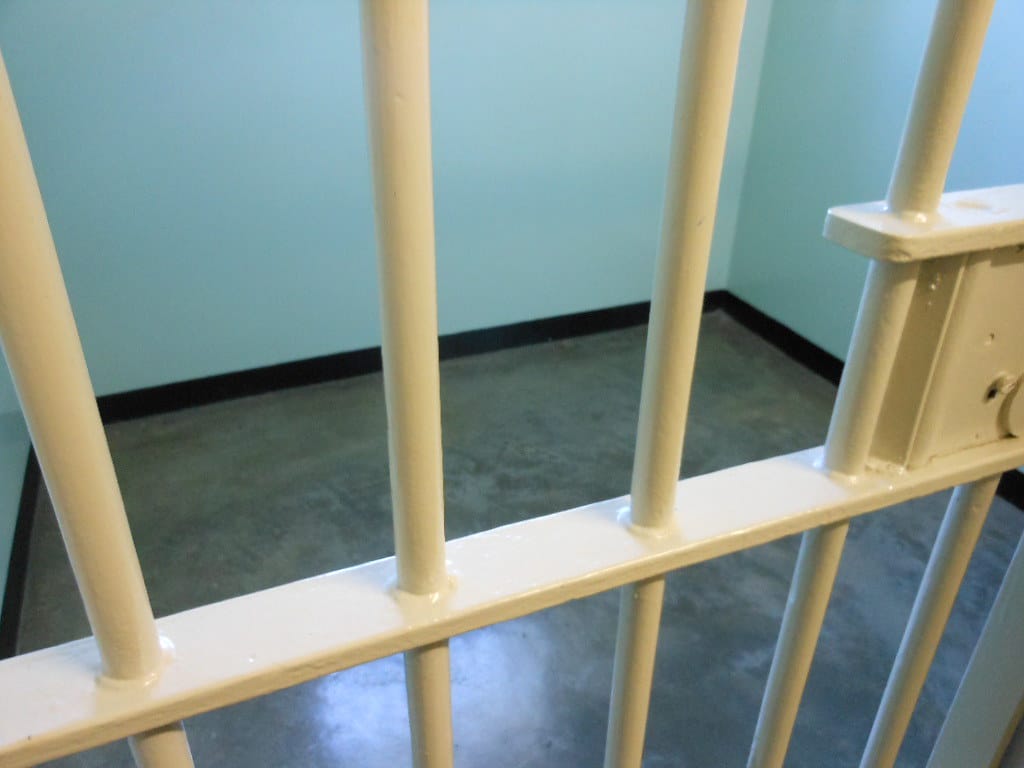FCC Delays Prison Call Pricing Enforcement: Families Pay the Price for Regulatory Inaction
The Federal Communications Commission has once again postponed enforcing its own rules limiting the cost of prison phone calls, leaving millions of families to shoulder the burden of what advocates call "predatory pricing" that can cost hundreds of dollars per month to maintain contact with incarcerated loved ones.
The delay, which pushes back implementation of rate caps that were supposed to take effect this year, highlights a decades-long struggle between telecommunications companies, correctional facilities, and families who argue that high calling costs amount to a tax on maintaining family bonds during incarceration.
The High Cost of Staying Connected
Prison phone calls can cost families between $0.14 to $0.25 per minute for local calls and up to $0.31 per minute for long-distance calls under current FCC rules implemented in 2021. However, many facilities continue to charge rates well above these limits, with some charging as much as $1.00 per minute or more for collect calls.
For families trying to maintain relationships with incarcerated relatives, these costs add up quickly. A typical 15-minute phone call can cost between $2.10 and $15.00, depending on the facility and provider. Families often spend $300 to $500 monthly on phone calls alone, according to data from the Prison Policy Initiative.
Consider the case of Maria Rodriguez, whose son is serving a five-year sentence in a Texas facility. "I have to choose between groceries and talking to my son," Rodriguez told advocacy groups. "Some weeks, I can only afford one phone call. It's heartbreaking."
Regulatory Ping-Pong: A History of Delays
The FCC has been grappling with prison call pricing for over a decade. The commission first attempted to regulate these rates in 2013, only to face legal challenges from telecommunications companies and some correctional facilities that argued the regulations would harm their business models.
The current rules, established in 2021, were meant to create uniform rate caps across all correctional facilities nationwide. However, implementation has been repeatedly delayed due to:
- Legal challenges from telecom providers arguing the rates are too low to maintain service quality
- Technical compliance issues at correctional facilities
- State-level resistance from facilities that rely on commission payments from phone companies
The Business Model Behind High Prices
Understanding why prison calls cost so much requires examining the unique market dynamics of correctional telecommunications. Unlike typical phone services, prison calling operates as a monopoly within each facility. Once a telecom company wins a contract with a prison or jail, they become the sole provider for all inmates and their families.
Many contracts include "site commissions" – payments from phone companies back to correctional facilities that can range from 15% to 60% of gross revenues. These commissions create financial incentives for facilities to accept higher call rates, as they directly benefit from increased calling costs.
Impact on Families and Recidivism
Research from the Brennan Center for Justice shows that maintaining family contact during incarceration reduces recidivism rates by up to 39%. However, high calling costs often force families to limit or eliminate contact, potentially undermining rehabilitation efforts.
The financial burden falls disproportionately on communities that are already economically disadvantaged. Studies indicate that families of incarcerated individuals are five times more likely to live in poverty, making expensive phone calls an additional hardship during an already difficult time.
What's Next?
The FCC has not announced a new timeline for enforcing its rate caps, citing ongoing technical and legal complexities. Meanwhile, some states have taken independent action:
- California eliminated all fees for prison calls in 2020
- Connecticut followed suit in 2021
- Several other states are considering similar legislation
Advocacy groups are pushing for federal legislation that would bypass FCC regulatory delays and immediately cap prison calling rates nationwide.
The Path Forward
As the FCC continues to delay enforcement, the human cost mounts daily. Families struggle to maintain connections that research shows are crucial for successful reentry and reduced recidivism. The regulatory uncertainty also prevents telecommunications companies from making necessary infrastructure investments to comply with eventual rate caps.
The prison calling crisis exemplifies how regulatory delays can perpetuate systemic inequities. Until the FCC acts decisively or Congress intervenes with legislation, millions of families will continue paying premium prices for a basic human need: staying connected with their loved ones.
For policymakers, the message is clear – every day of delay means another day that families choose between financial stability and maintaining family bonds that benefit both individuals and society as a whole.
